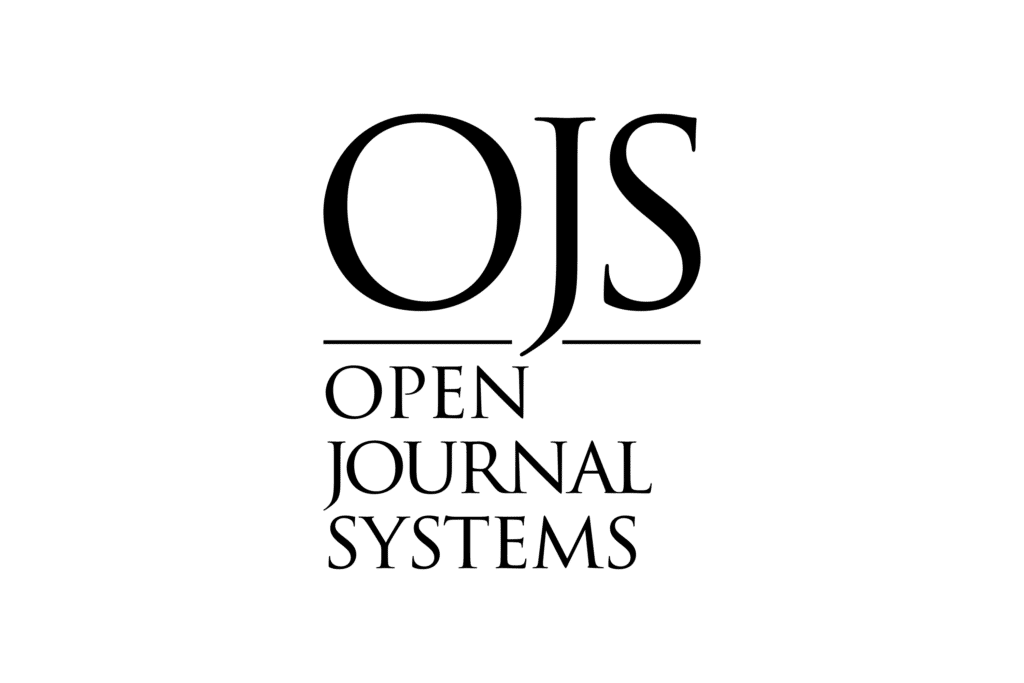Validation of the educational orientation variable in the teaching-learning process
DOI:
https://doi.org/10.52579/diapi.vol4.i.a18789Keywords:
educational orientation, validation, specialists, Multidimensional Correlation Coefficient rpj.Abstract
Educational guidance in the teaching-learning process is a little-studied construct, therefore, it is necessary to deepen the totality and relevance of the elements that characterize it so that it can become a research variable. Once the variable is defined, it is submitted to the criteria of specialists in the subject to verify its degree of coherence and reliability. The questionnaire for specialists was used as an empirical method. As statistical methods, the calculation of the median and the application of the Multidimensional Correlation Coefficient rpj are used with the use of the Processing Software to determine the degree of coherence in complex and dynamic systems and processes: Cohaerentîa. On the basis of the quantitative results, qualitative assessments were made. The analysis of the results led to the improvement of the wording of the variable, the contextualization of the dimensions to the teaching-learning process and the adjustment of the indicators, so that they could guide the design of instruments. The results of the validation revealed the relevance of the variable and the need for its study. The objective of this article is to socialize the results obtained in the validation of the educational orientation variable in the teaching-learning process.
Downloads
References
Almeyda, A. Orientación profesional para la elección profesional responsable" (Doctorado. Ciencias Psicológicas ), Universidad de La Habana, La Habana. 2018. 187 pp. Recuperado de: https://www.researchgate.net/publication/328512215_ORIENTACION_PROFESIONAL_PARA_LA_ELECCION_PROFESIONAL_RESPONSABLE
Bermúdez, R y Pérez, L.M. La orientación educativa en el contexto universitario cubano. Revista Enfoque Humanístico. No 23 de 2013. 1-16 pp. Recuperado de: www.revistaenfoquehumanistico.com
Comisión Europea, UNESCO, OIT, OCDE, CEDEFOP, y ETF. Investing in career guidance. 2019 Recuperado de: https://www.cedefop.europa.eu
Echeverría, B., y Martínez, P. C. Orientar en tiempos de cambio a través de la Teoría. Revista Orientación y Sociedad, 21(2) de 2021. 1-24 pp. Recuperado de: http://revistas.unlp.edu.ar
González, A.B. Revisión teórica de los modelos de orientación educativa. Revista Caribeña de Investigación Educativa, 2(2). 2018. 43-60 pp. Recuperado de: https://doi.org/10.32541/recie.2018.v2i2. pp43-60
Inocêncio, A. Relación sistémica entre orientación, orientación educativa y orientación profesional. Revista EduSol, 17(59). 2017. 63-76 pp.Recuperado de: http://edusol.cug.co.cu
Koselleck, R. Crítica y Crisis. Un Estudio sobre la patogénesis del mundo burgués, Madrid, Ed. Trotta. Universidad Autónoma de Madrid. 2007. 287 pp.
López, Z. C.; Robaina, M. S. y Guzmán, Y. L. Validación de instrumentos para la variable proceso de formación de profesionales de pregrado. Identidad Bolivariana. 2 (2). 2018. 1-17 pp. Recuperado de: https://identidadbolivariana.itb.edu.ec
Molina, D.L. Concepto de orientación educativa: diversidad y aproximación. Revista Iberoamericana de Educación, 35(1). 2002. 1-22 pp. Recuperado de: https://rieoei.org/RIE/article/view/2924
Paz, I.D., Gámez, E.R., y Vinent, M.B.M. La clase como espacio y método fundamental para la orientación educativa. Maestro y Sociedad (Especial 2). 2016. 3-14 pp. ISSN 1815-4867
Pérez, OCohaerentîa: software de procesamiento para determinar el grado de coherencia en sistemas y procesos complejos y dinámicos (Memorias Congreso Internacional Pedagogía) [CD-ROM]. La Habana, Cuba: Sello Editor Educación Cubana. 2015. 13 pp. ISBN: 978-959-18-1099-1.
Rodríguez, A. J. y Miqueli, B. R. La estructura de la variable proceso de formación de profesionales en pregrado. Transformación. 15 (1). 2019. 110-128 pp. ISSN 2077-2955. Recuperado de: http://scielo.sld.cu/scielo.php?script=sci_abstract&pid=S2077 29552019000100110&lng=pt&nrm=iso
Downloads
Published
How to Cite
Issue
Section
License
Copyright (c) 2023 Norma González, Zeydi Sandra López collazo, Eddy Rodríguez Díaz, Ibette Alfonso Pérez

This work is licensed under a Creative Commons Attribution-ShareAlike 4.0 International License.
Direitos Autorais
A submissão de originais para a Diálogos e Perspectivas Interventivas (DIAPI) implica na transferência, pelas(os) autoras(es), dos direitos de publicação. Os direitos autorais para os manuscritos publicados nesta revista são das(os) autoras(es), com direitos da DIAPI sobre a primeira publicação. As(os) autoras(es) somente poderão utilizar os mesmos resultados em outras publicações indicando explicitamente a DIAPI como o meio da publicação original.
Licença Creative Commons
Exceto onde especificado diferentemente, aplicam-se à matéria publicada nesta revista científica os termos da licença Creative Commons Attribution-ShareAlike 4.0 International License, que permite o uso irrestrito, a distribuição e a reprodução em qualquer meio desde que a publicação original seja corretamente citada.













 Esta obra está licenciada com uma Licença
Esta obra está licenciada com uma Licença 